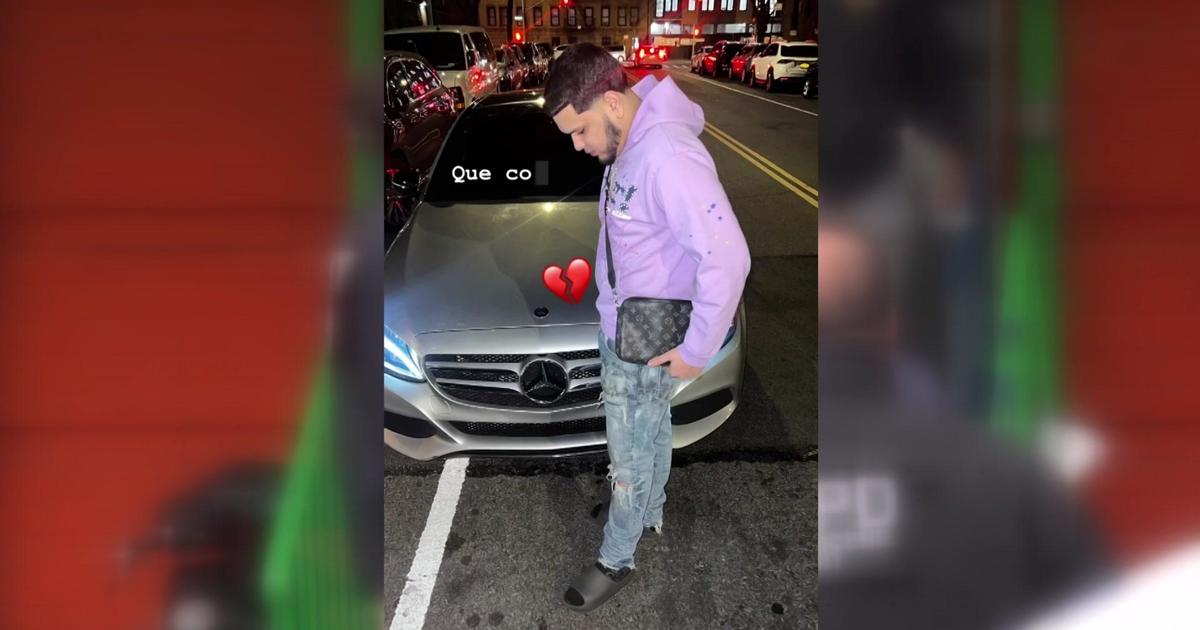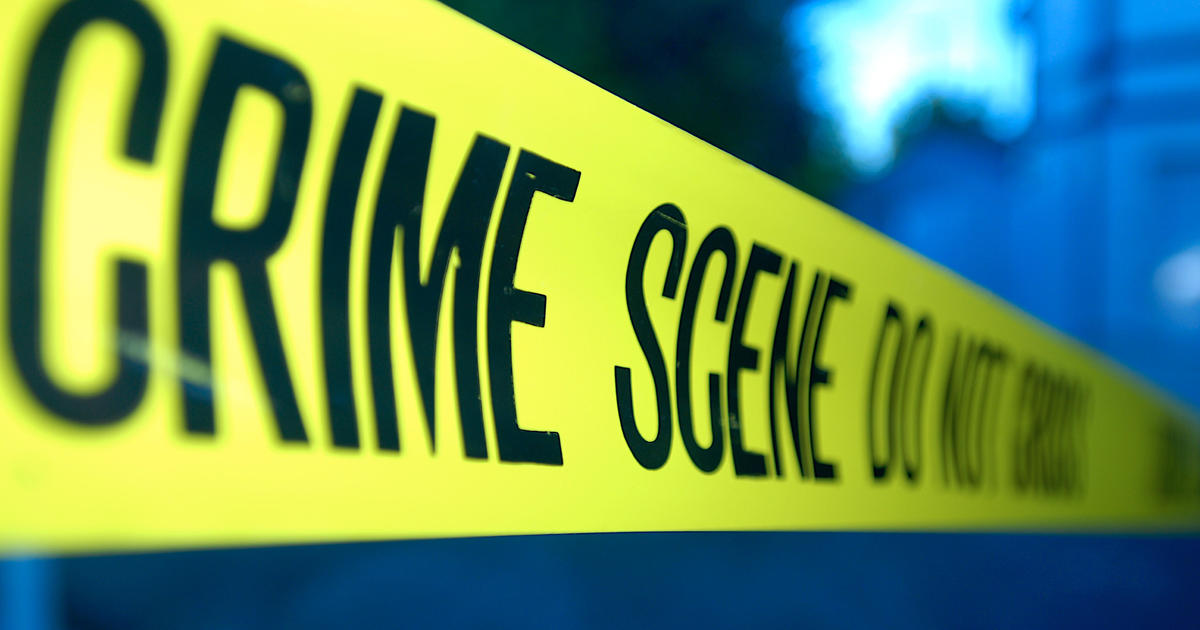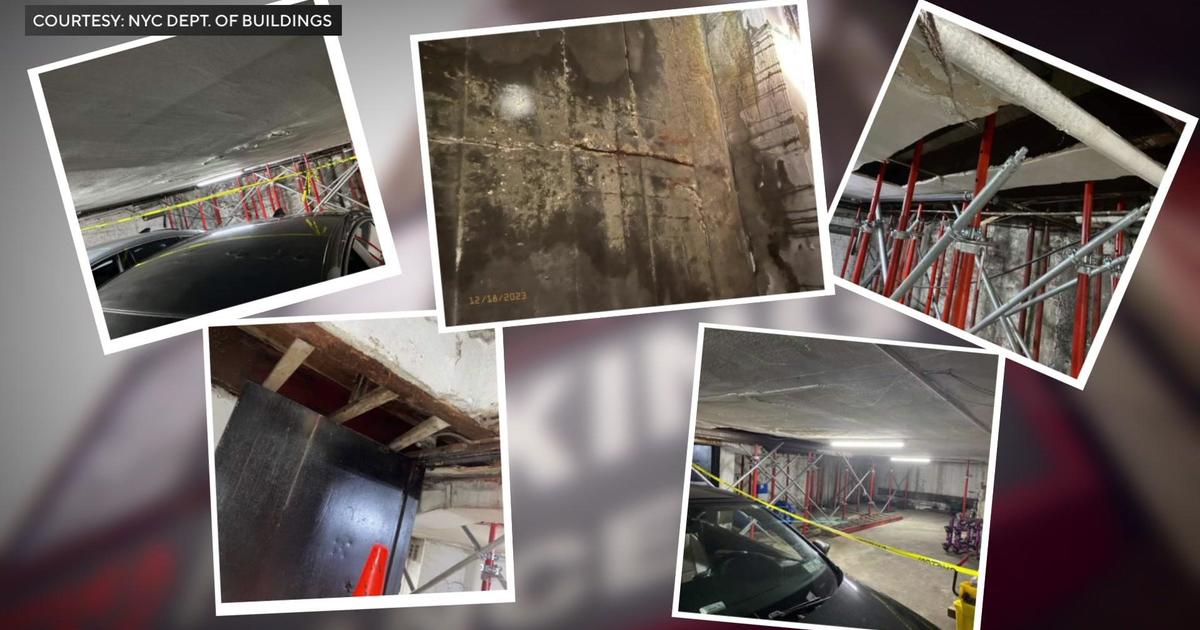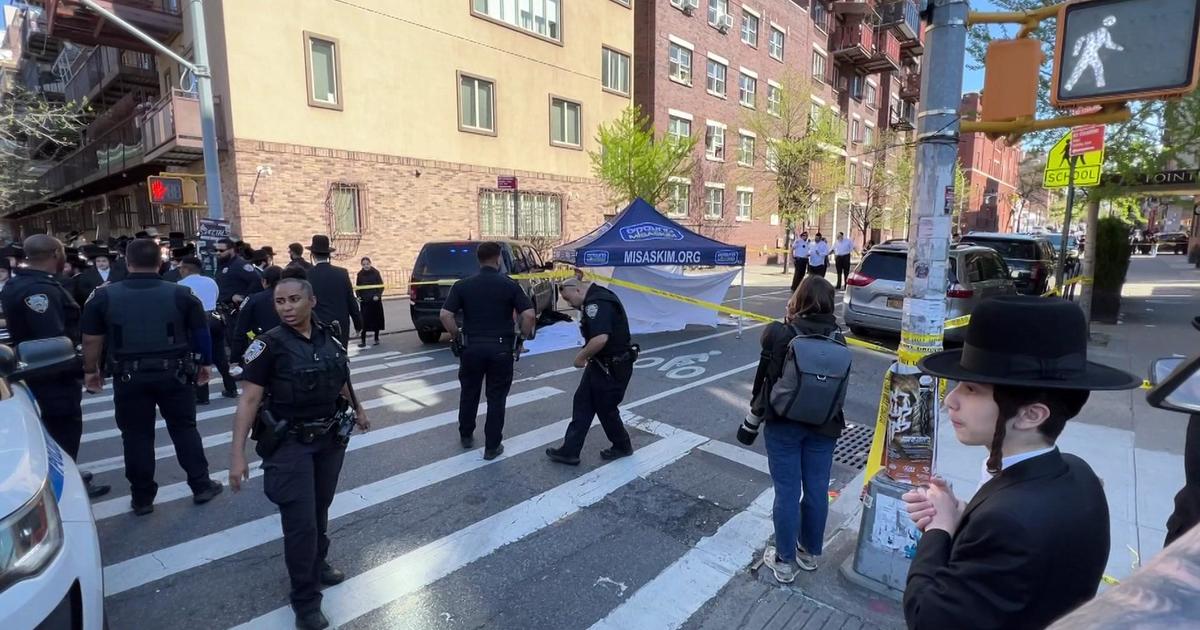Queens Residents: Con Edison Is Ruining Our Trees
NEW YORK (CBSNewYork) -- Residents of certain sections of Queens have said their beautiful, tree-lined streets are being massacred, and the storms of the past year are not to blame.
Rather, as CBS 2's Hazel Sanchez reported Wednesday night, the residents of Auburndale and Bayside blame Con Edison.
"Looking at them, to me, they just butchered them," said Joe Scattaglia of Auburndale. "They did a horrendous job, and it's all along the neighborhood."
Con Edison contractors have been making the rounds trimming trees around power lines. But the odd-looking end results are not aesthetically acceptable to the many neighbors.
Tiffany Pereyra of Bayside said she hates seeing a V-shaped tree she calls the victory tree right outside her home.
"At least put a little more care into it, because we live around here," she said. "They just do a quick job and don't have to look at the victory tree every day."
Con Ed officials said, "Overgrown and fallen tree limbs are the leading cause of power outages during storms," and their tree maintenance program is critical in keeping the lights on.
But some residents argued there has to be a better option.
"The ultimate solution is to put the wires underground, because this way it's for safety reasons," said Henry Euler of the Auburndale Civic Association. "And it's less likely to lose power during storms and it just looks better in the neighborhood."
Con Ed follows strict guidelines, trimming trees 10 feet underneath and on the sides, and 15 feet above power lines.
And responding to complaints, the utility added, "Our professional tree-trimming experts will make every effort to minimize the impact on the appearance and health of the trees."
But residents said Con Edison has not accomplished that goal, and argued that the way the trees are now trimmed devalues properties.
"For me I would rather they either just cut the tree or get somebody who can do a much better job," Scattaglia said.
Con Edison said burying the cables underground is not an option, and would cost about $1 million per mile.
You May Also Be Interested In These Stories



